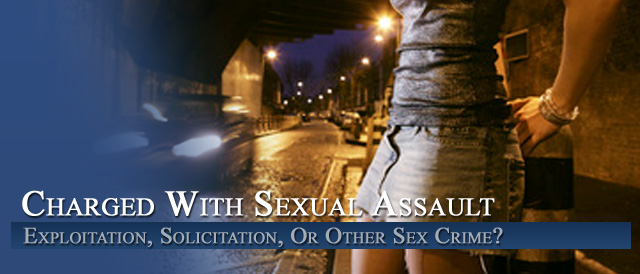
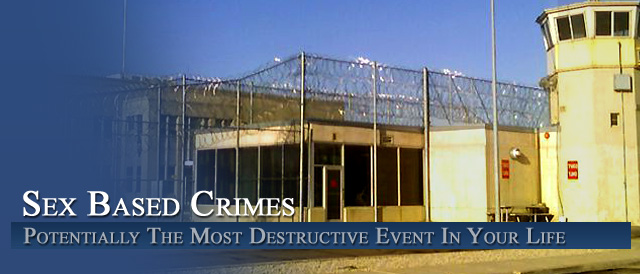
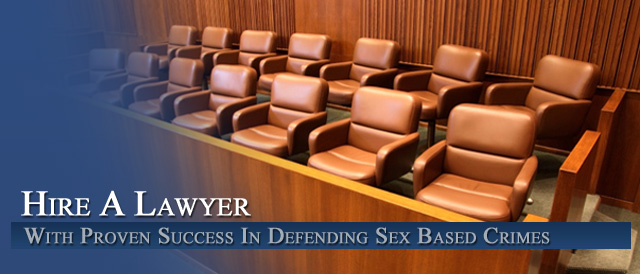
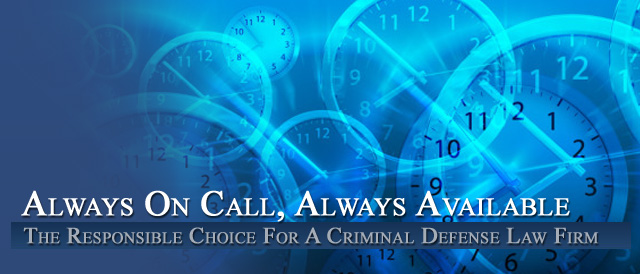
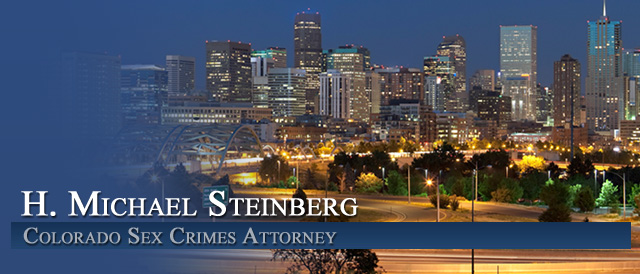
Colorado Criminal Law – Sex Crimes Cases – Understanding Why Child Hearsay Is Made Admissible At Trial
Introduction: In most trials hearsay evidence – that is – out of court statements that are offered for the truth of the matter asserted – is inadmissible. There are few and very specific exceptions to this rule. The major exception? Sex assault charges involving children. This group of cases permit this kind of evidence – these out of court statements – considered unreliable in every other context – into evidence before a jury with little or no screening. This web page addresses the procedures that are applied before admission of this hearsay evidence.
As noted – there is a hearsay exception for statements of a child victim of unlawful sexual offenses or child abuse.
A trial court must make specific findings regarding the admissibility of child hearsay statements before the statements are admitted into evidence.
The Hearing
The court must find in a hearing conducted outside the presence of the jury that the time, content, and circumstances of the statement provide sufficient safeguards of reliability; and the child either testifies at the proceedings; or is unavailable as a witness and there is corroborative evidence of the act which is the subject of the statement.
If a statement is admitted pursuant to this section, the court must instruct the jury in the final written instructions that during the proceeding the jury heard evidence repeating a child’s out-of-court statement and that it is for the jury to determine the weight and credit to be given the statement and that, in making the determination, the jury shall consider the age and maturity of the child, the nature of the statement, the circumstances under which the statement was made, and any other relevant factor.
The Relevant Factors
In determining the admissibility of child hearsay, the trial court may consider the following factors:
1. Whether the statement was made spontaneously;
2. Whether the statement was made while the child was still upset or in pain from the alleged abuse;
3. Whether the language of the statement was likely to have been used by a child the age of the declarant;
4. Whether the allegation was made in response to a leading question;
5. Whether either the child or the hearsay witness had any bias against the defendant or any motive for lying;
6. Whether any other event occurred between the time of the abuse and the time of the statement which could account for the contents of the statement;
7. Whether more than one person heard the statement; and
8. The general character of the child.
Notes on the factors:
These factors guide the trial court’s analysis, but they are not mandatory. Failure to establish all factors favoring admission does not foreclose the admissibility of a statement.
Although the trial court should make specific findings on which factors establish “sufficient safeguards of reliability,” its decision to admit the child’s hearsay statements will be affirmed even absent such findings if the record shows an adequate factual basis to support the trial court’s determination.
Section 13-25-129 creates a hearsay exception for certain statements made by a child victim who testifies at trial:
(1) An out-of-court statement made by a child, as child is defined under the statutes which are the subject of the action, describing any act of sexual contact, intrusion, or penetration, as defined in section 18-3-401, C.R.S., performed with, by, on, or in the presence of the child declarant . . .
…is admissible in evidence in any criminal, delinquency, or civil proceedings in which a child is a victim of an unlawful sexual offense, as defined in section 18-3-411(1), C.R.S., or is a victim of incest, as defined in section 18-6-301, C.R.S., when the victim was less than fifteen years of age at the time of the commission of the offense, or in which a child is the subject of a proceeding alleging that a child is neglected or dependent under section 19-1-104(1)(b) . . . .
Other Articles of Interest:
- Sexual Assault On A Child Cases Prosecutions In Colorado – Child Hearsay – 13-25-129
- Colorado Domestic Violence and Sexual Assault Trials – The Use of Evidence of Prior Bad Acts at Trial Under Rule 404 B – Unjust Use of the Colorado Rules of Evidence “Tipping the Scales of Justice”
- Colorado Sex Crimes Investigations – Beware Of Police Use Of Investigatory “Tactics”
- Tricking The Suspect – Suspect Interrogation – Confessions and the ” Letter of Apology”
- Colorado Criminal Defense Law: Initial Stages In Child Sex Crime Investigations












